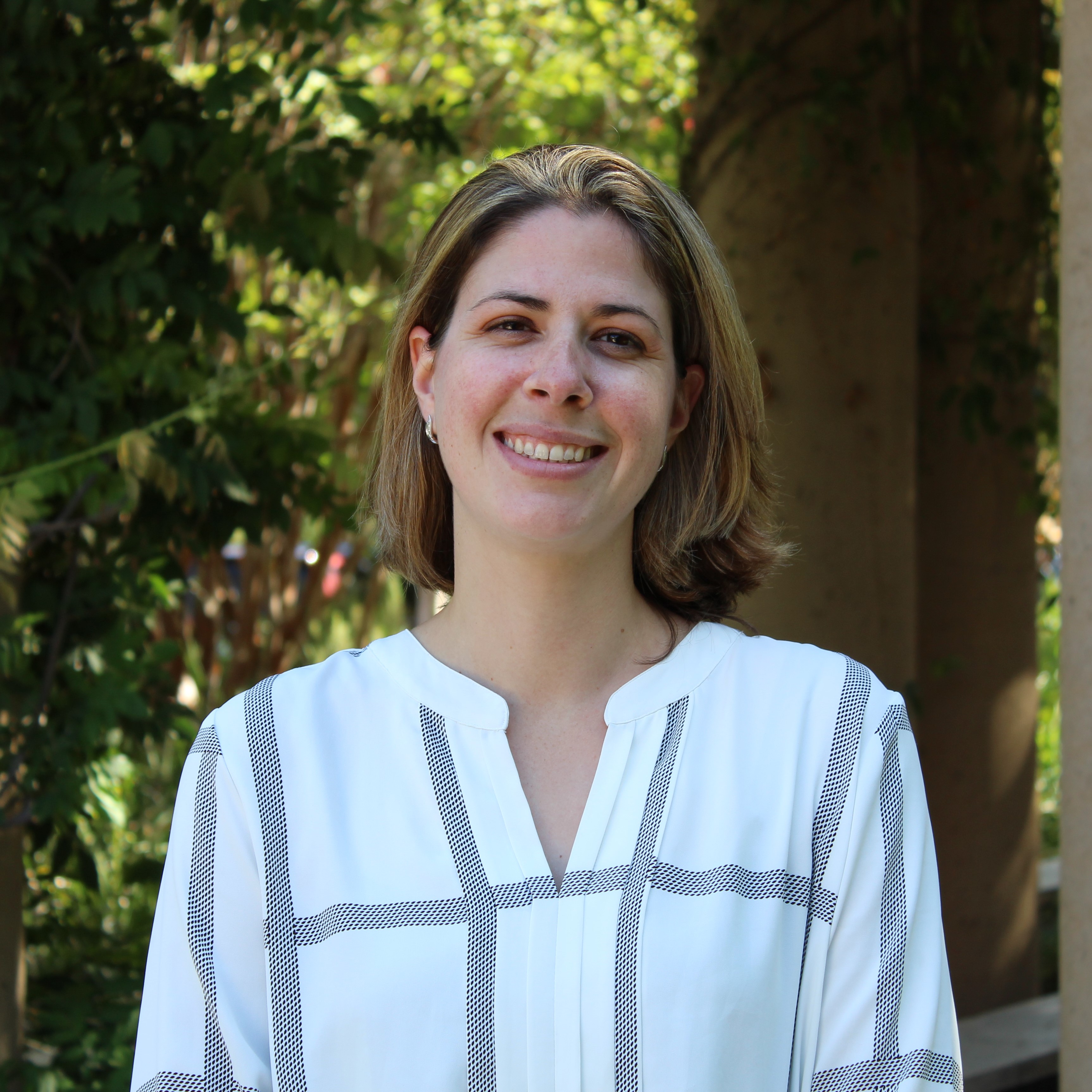Breadcrumb
Keren Hilgendorf, Ph.D., assistant professor of biochemistry at University of Utah Health, has been named a 2023 Pew Scholar for her work elucidating how stem cells use an antenna-like appendage called a primary cilium to integrate the molecular signals that regulate their fate.
Hilgendorf is one of 22 scientists nationwide to receive the honor from the Pew Charitable Trusts. The Pew Scholars Program in the Biomedical Sciences provides funding to early career investigators of outstanding promise in science that is relevant to the advancement of human health.
Hilgendorf studies how cells communicate and how communication networks break down in disease. She is particularly interested in the cellular communications that regulate the creation of new fat cells.
When the body takes in more calories than it expends, she explains, existing fat cells can expand to store the excess energy, or stem cells can generate new fat cells. “To store the excess calories in a healthy manner, we really need a balance of the two,” Hilgendorf says. “When this balance is off, that's when our tissue becomes dysfunctional, and that's when we develop metabolic disease.”

To maintain the right balance, stem cells must assess whether there is a need for new fat cells. Dietary components, inflammation, and insulin levels all help determine when fat stem cells become activated, and Hilgendorf has found that the cells use their primary cilia to monitor those signals. “We imagine this being a very broad antenna that listens to everything around it and then makes a decision on whether or not these stem cells get activated or not,” she explains. She and her team are investigating the signals that primary cilia relay to fat stem cells and how and why their function is sometimes impaired, as it is in people with obesity.
“Dr. Hilgendorf is a wonderfully creative researcher,” says Wesley Sundquist, Ph.D., chair of the Department of Biochemistry at the Spencer Fox Eccles School of Medicine at University of Utah. “Her research on the primary cilium, with a focus on its role in regulating stem cell activation and differentiation in fat tissue, has great potential for medical applications owing to the enormous health burdens resulting from obesity, metabolic syndrome, type 2 diabetes, and ciliopathies.”
Hilgendorf notes that stem cells in other tissues also use primary cilia to sense their environments. Dysfunctional cilium sensing might be involved in a variety of disorders where stem cells fail to respond properly to their surroundings, she says.
More than 1,000 scientists have received awards from Pew since 1985. “The Pew and Searle Scholars Awards Programs are considered the leading awards for young research-oriented faculty in the biomedical sciences,” says Sundquist, noting that these honors have now gone to 10 researchers in U of U Health’s biochemistry department.
For Hilgendorf, the award celebrates the importance of her work. “It makes me realize that people are excited about this area,” she says. “It has the potential to change the way we think about how things work.”
As a Pew Scholar, Hilgendorf will have opportunities to meet with fellow Pew-funded scientists to exchange ideas and forge connections. “This new class of scholars embodies the creativity and curiosity that is key to scientific discovery,” said Craig C. Mello, Ph.D., a 1995 Pew Scholar, 2006 Nobel laureate in physiology or medicine, and chair of the national advisory committee for the scholars program. “With support from Pew and its network of colleagues and advisors, I am confident this group will do great things to advance biomedical science.”